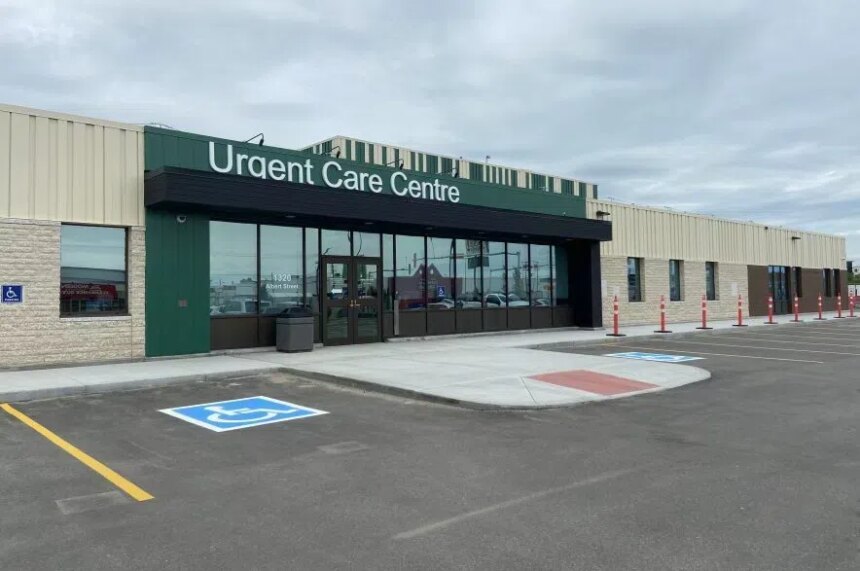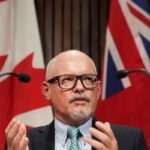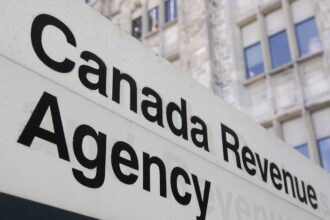Regina’s Urgent Care Centre will close early today at 4 p.m. rather than its usual 10 p.m. schedule, leaving residents with fewer options for non-emergency medical care during evening hours. The Saskatchewan Health Authority (SHA) confirmed the reduced hours stem directly from ongoing physician staffing challenges that have plagued the facility since its opening.
“We’re experiencing significant difficulties securing adequate physician coverage for our evening shifts,” said Dr. Kevin Wasko, SHA Executive Director of Integrated Urban Health. “Despite aggressive recruitment efforts, the nationwide doctor shortage continues to impact our ability to maintain consistent operational hours.”
The centre, which opened last year to alleviate pressure on emergency rooms by treating non-life-threatening conditions, has struggled with staffing inconsistencies that have frustrated both patients and healthcare administrators. According to SHA data, the facility has operated on reduced hours approximately 18 times over the past three months due to similar staffing issues.
Patients requiring urgent but non-emergency care after 4 p.m. today are being redirected to Regina’s two emergency departments at Regina General and Pasqua Hospitals, potentially adding strain to these already busy facilities. Those with less urgent concerns are advised to contact HealthLine 811 for guidance or wait until Monday when regular hours resume.
Saskatchewan Medical Association President Dr. John Gjevre pointed to broader systemic issues affecting physician retention. “What we’re seeing in Regina reflects a troubling national trend. Rural and mid-sized Canadian cities face particular challenges attracting and keeping physicians when competing with larger urban centers offering better work-life balance and competitive compensation.”
The SHA has implemented several measures to address the shortage, including increased recruitment bonuses, locum coverage, and partnerships with the University of Saskatchewan’s College of Medicine to encourage graduates to practice in underserved communities. However, these efforts have yet to fully resolve the persistent staffing gaps.
Regina resident Marian Tooley expressed frustration with the situation. “I understand there’s a doctor shortage, but the inconsistent hours make it impossible to plan. Last month my son needed stitches and we arrived only to find they’d closed early that day too. We ended up waiting four hours at the emergency room instead.”
Healthcare policy experts suggest these disruptions highlight the need for comprehensive reform. “Band-aid solutions won’t solve the fundamental issues in our healthcare workforce planning,” said Dr. Emily Kovacs, healthcare policy researcher at the University of Regina. “We need long-term strategies that address compensation, workload, and training capacity in a coordinated way.”
Regular updates on the centre’s operational hours are being posted to the SHA website and social media channels, though patients report that last-minute changes sometimes fail to be communicated effectively.
As Canada’s healthcare system continues to face unprecedented pressures, the question remains: will temporary solutions be enough to address the systemic issues driving physician shortages, or is it time for provincial and federal governments to collaboratively reimagine our approach to healthcare workforce planning?
























